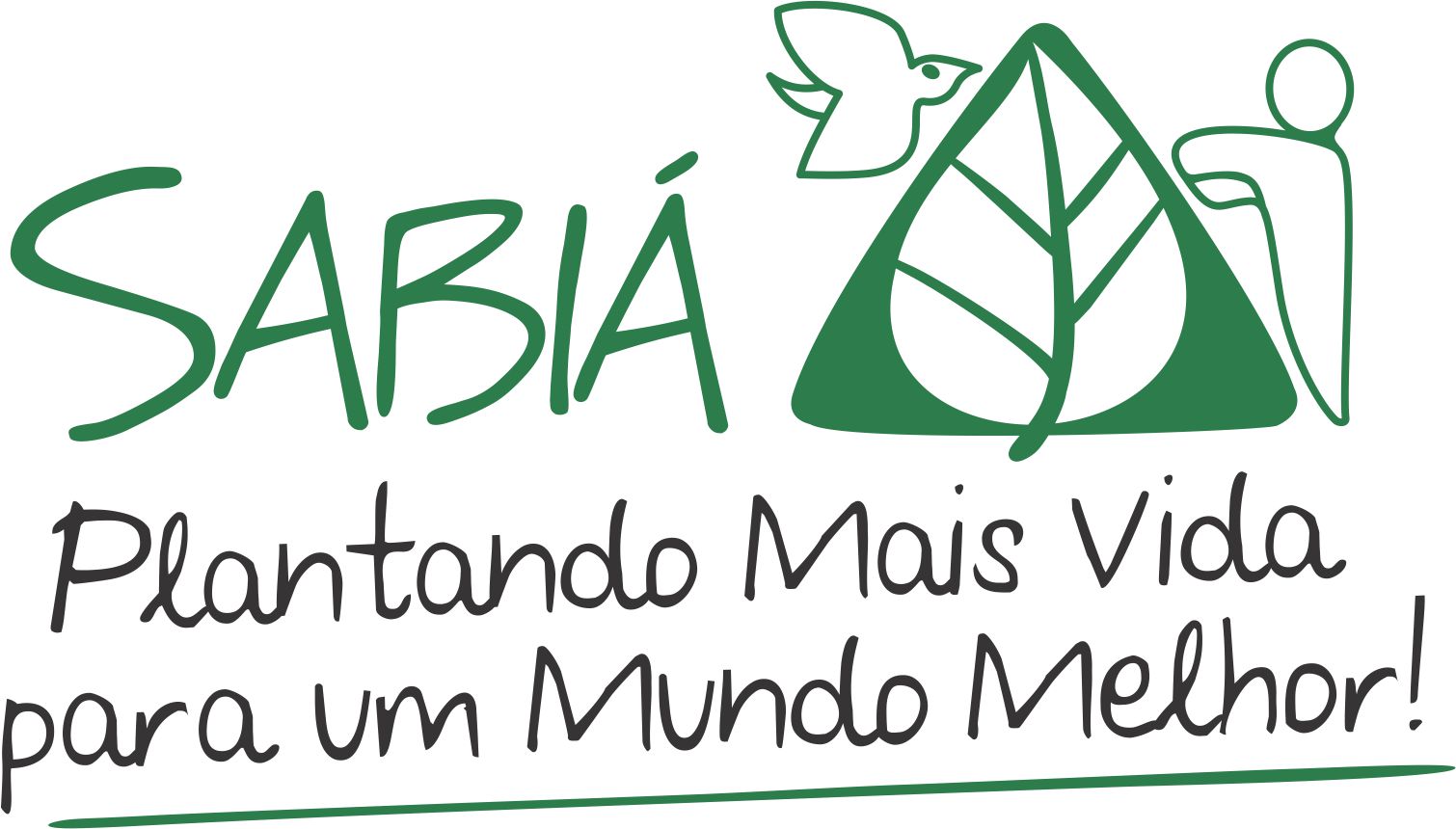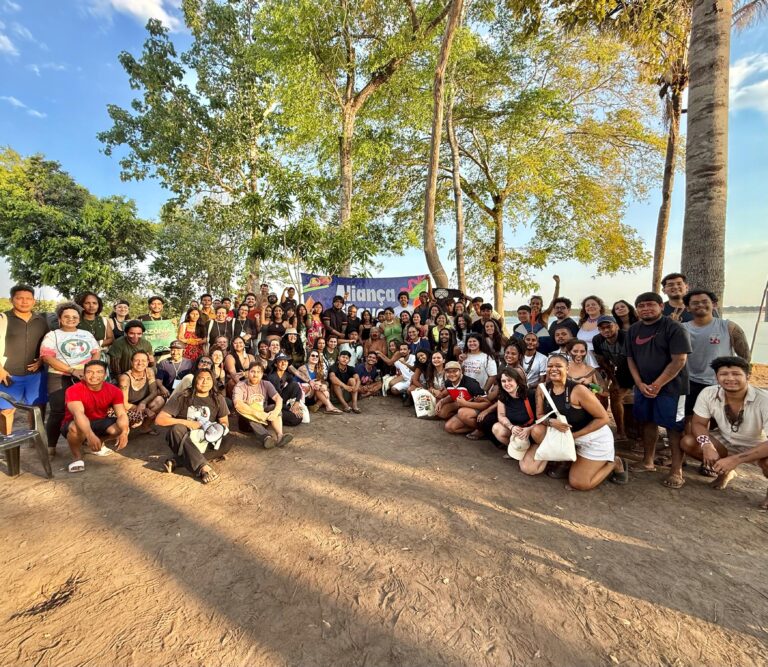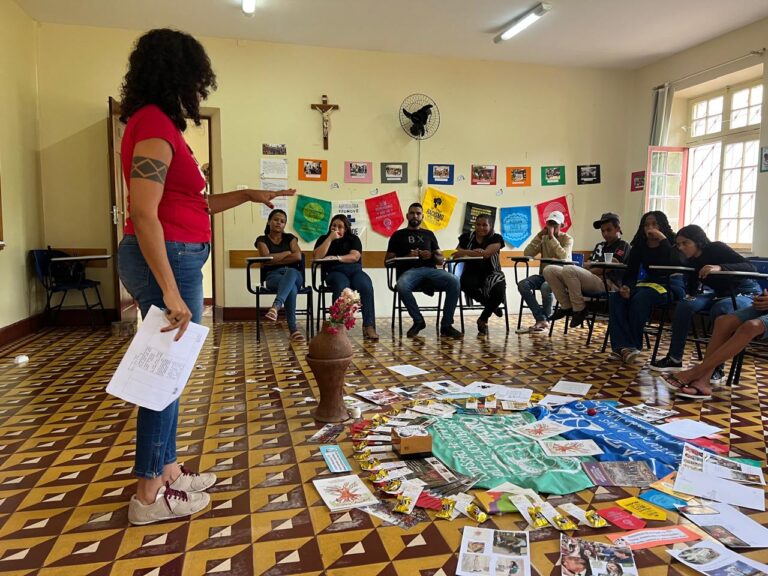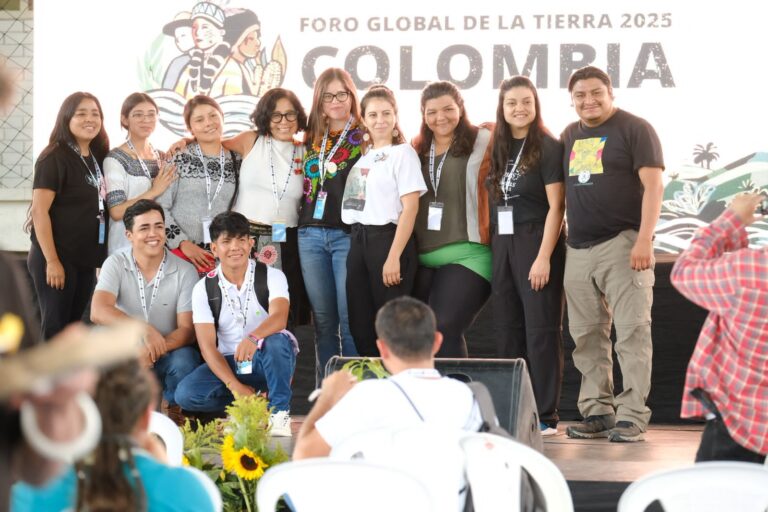Girls and Young Women: challenges in the construction of the Movement of Female Rural Workers of Pernambuco – MMTR/PE
Anna Paula da Silva | General Coordinator of the Movement of Women Rural Workers of Pernambuco MMTR/PE
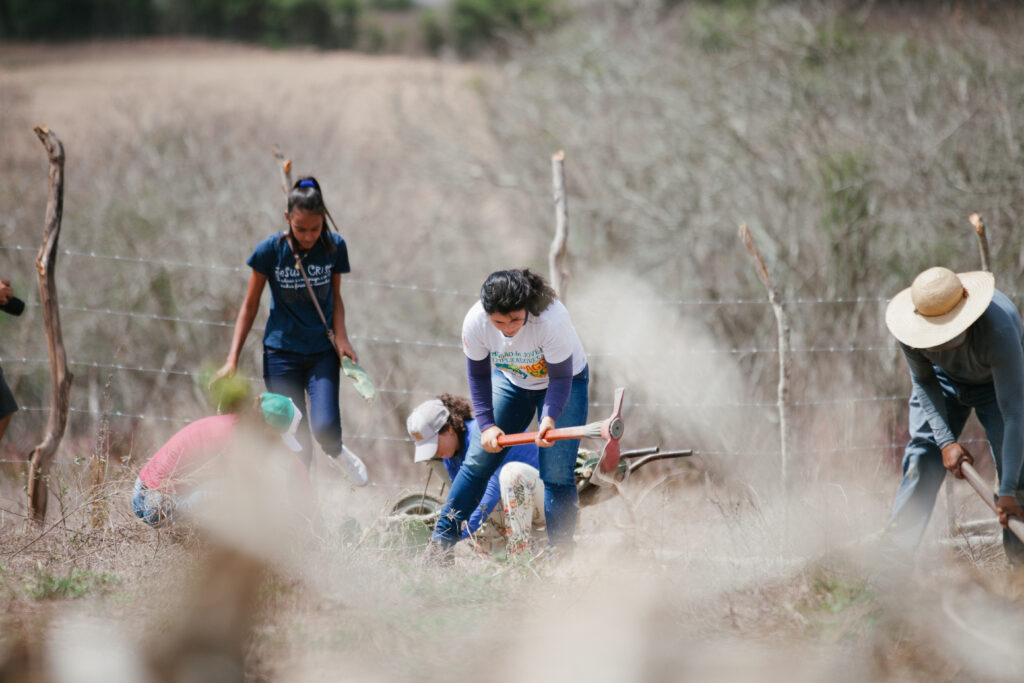
The MMTR/PE acts as resistance to every process of oppression that denies emancipation and citizenship, that makes girls and young rural women vulnerable and excludes them, and at the same time, understands and defends them as subjects of politics and rights. It understands, therefore, that the construction of the struggle, of the strategies of claim, incidence, and participation must happen not only for, but especially with the young people, subjects directly involved in the transformation processes of their lives and surroundings.
We understand that youth is a transitional phase in human life and when we stop being children and prepare to enter adulthood. We are aware that this process is a great challenge for rural girls and young women, because it is in this period of life that great challenges are faced. Among these, we have patriarchy pointing out the places to be occupied by them, acting to limit and prevent the social participation of young women, the various forms of violence, the lack of access to public policies that guarantee a dignified life, thus limiting the free exercise of their full citizenship.
Girls and young women are a remarkable presence in the life of the MMTR/PE, they are inserted, in our developed actions, as projects, such as the “Education of Rural Girls of Pernambuco”, supported by Malala Fund, in the years from 2020 to 2022, whose girls from 12 to 19 years old were in the center. In initiatives like this one, there is an effort to guarantee a constant process of listening and the promotion of instances of discussion and deepening together with these subjects – who also participate in the MMTR/PE Annual Meetings and are inserted in the activities in the territories – debates, incidences, and grassroots formation.
However, there is today in the Movement the understanding and the effort to broaden the participation of girls and young women, making it more organic to the political making and the actions of the MMTR/PE. The perspective comes both from the recognition that they can build the Movement now, and from the premise of leadership formation and political empowerment as a process, a living, everyday practice. The MMTR/PE has sought to promote the strengthening and training of girls, not for a future performance, only in the future, but in the place of the struggles embraced by the Movement, in the spaces it occupies and builds today. As a movement we are aware that the challenges are immense, but we have given our contribution and we daily seek the expansion of the political participation of rural girls and young women.
Nothing found.

